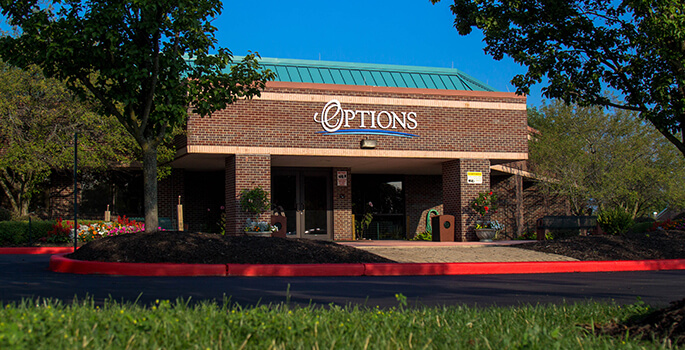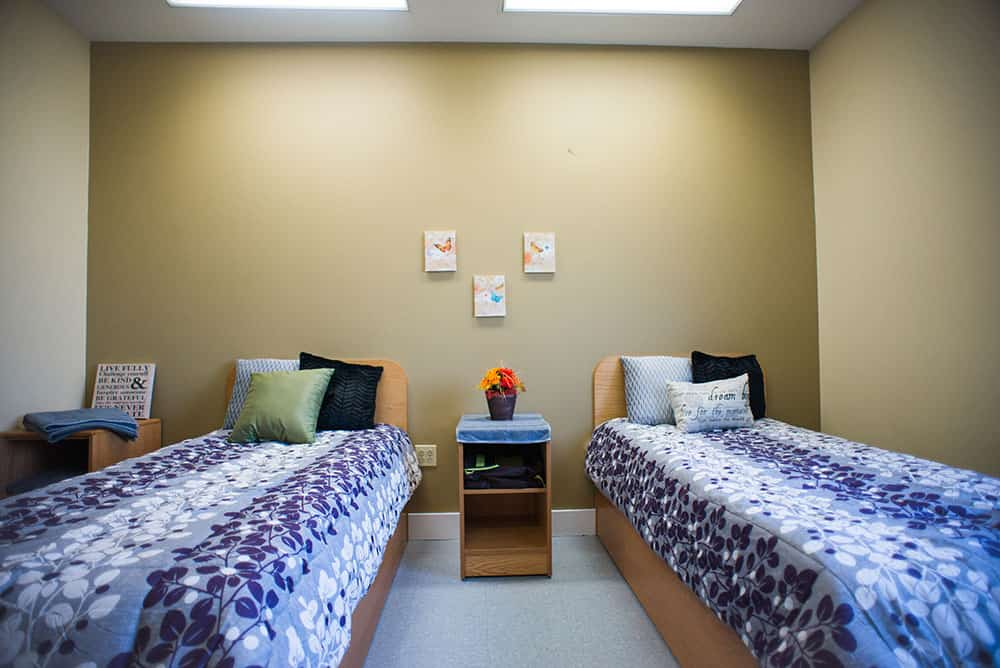Understanding the signs, symptoms, causes and effects of dementia is an important first step toward healing and recovery.
Understanding Dementia
Learn about dementia
Few things frighten us more than the idea that one day we might be unable to remember things that have always been extremely significant and meaningful. It is even more scary to think that we could forget the people who are most important in our lives, or that we won’t be able to do the most basic tasks that we have done practically all our lives. Worse, yet, is the fear that we may have transient awareness that these symptoms are beginning to occur.
Many individuals believe this is the reality of dementia and that it comes on relatively quickly, with nothing that can be done to cure it or alter its progression. The truth is dementia is a collection of different symptoms that affect mood, judgment, personality, behavior, and language, among other areas of functioning. Each individual experiences the symptoms somewhat differently, as they are the result of an underlying disease process which largely determines the form these symptoms will take, how quickly they will progress, and the path this progression will take.
Some forms of dementia, such as those caused by drugs, alcohol, infection, or depression can be reversible with treatment of the underlying condition causing it. Other types of dementia caused by certain diseases, such as Alzheimer’s disease or Vascular Dementia are, to date, irreversible. However, even in cases caused by incurable disease processes, new research has resulted in more effective medications for delaying the progression of the diseases or improving certain symptoms for a period of time.
Statistics
Dementia statistics
Estimates of the prevalence of dementia in the U.S. have been reported at 13.9% of those over the age of 70. This equates to about 3.4 million people. Rates of Alzheimer’s in this age range were estimated at 9.7%, amounting to 2.4 million people. The prevalence rate of dementia increases with age, and therefore the estimate for those 71-79 years was 5%, while the rate for those over the age of 89 increased to 37.4%.
Alzheimer’s disease represents the biggest group of conditions with dementia symptoms, accounting for 60% to 80% of all cases of dementia. Vascular dementia accounts for the next largest group of people with dementia.
Causes and Risk Factors
Causes and risk factors for dementia
There are a number of conditions that result in the symptoms of dementia. These include:
- Alzheimer’s disease – Generally this disorder is developed in individuals over the age of 60, but a mutated gene may lead individuals to develop early onset forms of the disorder. Certain types of abnormal clumps of proteins called plaques and fibrous tangles have been discovered in the brains of many individuals with Alzheimer’s, along with death of brain cells and general shrinkage of brain tissues.
- Lewy Body Dementia – This form of dementia is also the result of an accumulation of abnormal formations of proteins. This type of dementia accounts for about 10% to 22% of people with the condition. The symptoms are comparable to Alzheimer’s, except there is an increased likelihood of the individual alternating between periods of lucidity with dementia and a tendency to act out their dreams in their sleep.
- Vascular Dementia – When there is a death of a large number of brain cells due to oxygen deprivation from blocked blood flow, vascular dementia often results. This can be caused by strokes, infections of certain heart structures, hypertension, and other conditions.
- Front temporal Dementia – This is a rarer form of dementia compared to those previously described. It also has a significantly younger age of onset, often between the ages of 40 and 65. These dementia symptoms are the consequence of a group of diseases all involving nerve cell destruction that occurs in the temporal lobes of the brain. These areas are significantly linked to personality, behavior, and both expressive and receptive language. Thus, the classic symptoms observed in dementia result when cells are destroyed in these regions.
While these are the most common causes of dementia symptoms, there are a number of additional causes as well, including Parkinson’s disease, Huntington’s disease, HIV, brain trauma, and toxins, among a number of others.
Signs and Symptoms
Signs and symptoms of dementia
Dementia symptoms can differ significantly from one person to another depending on the cause, individual factors, and environmental influences. While memory loss is the usually the initial symptom and the one most think of when describing dementia, the individual must have two or more symptoms from a specific list for the diagnosis to be given. These include:
- Short and long term memory loss
- Communication and language problems
- Trouble focusing and concentrating
- Troubling with basic problem solving strategies and planning and carrying out tasks based on previously determined intentions
- Inability to reason
- Impaired judgment
- Impaired visual-perceptual abilities
Effects
Effects of dementia
The effects of dementia also vary widely and are dependent on factors specific to the individual, environmental influences, and the underlying disease process. Some of the most common effects include:
- Poor nutritional intake due to forgetting to eat and drink or loss of control the ability to chew and swallowing
- Increased risk of choking due to decreased swallowing response and cough reflex leading to aspirating food into the lungs
- Increased risk of pneumonia
- Decreased appetite
- Depression
- Suicide
- Loss of ability to complete daily living activities
- Increased physical symptoms due to memory problems, leading to forgetting to take medication or taking an extra dose due to forgetting taking the first dose
- Changes in behavior and personality
- Aggression
- Frustration
- Agitation
- Confusion
- Disorientation
- Loss of inhibition
- Loss of the ability to communicate
- Delusions
- Hallucinations
- Sleep problems
- Increased safety risks
Co-Occurring Disorders
Dementia and co-occurring disorders
There are a number of psychiatric and medical disorders that co-occur with dementia. These include:
- Delirium
- Anxiety disorders
- Depression
- Psychosis
- Obsessive compulsive disorder
- Diabetes mellitus
- Hypertension
- Congestive heart failure
- Atrial fibrillation










